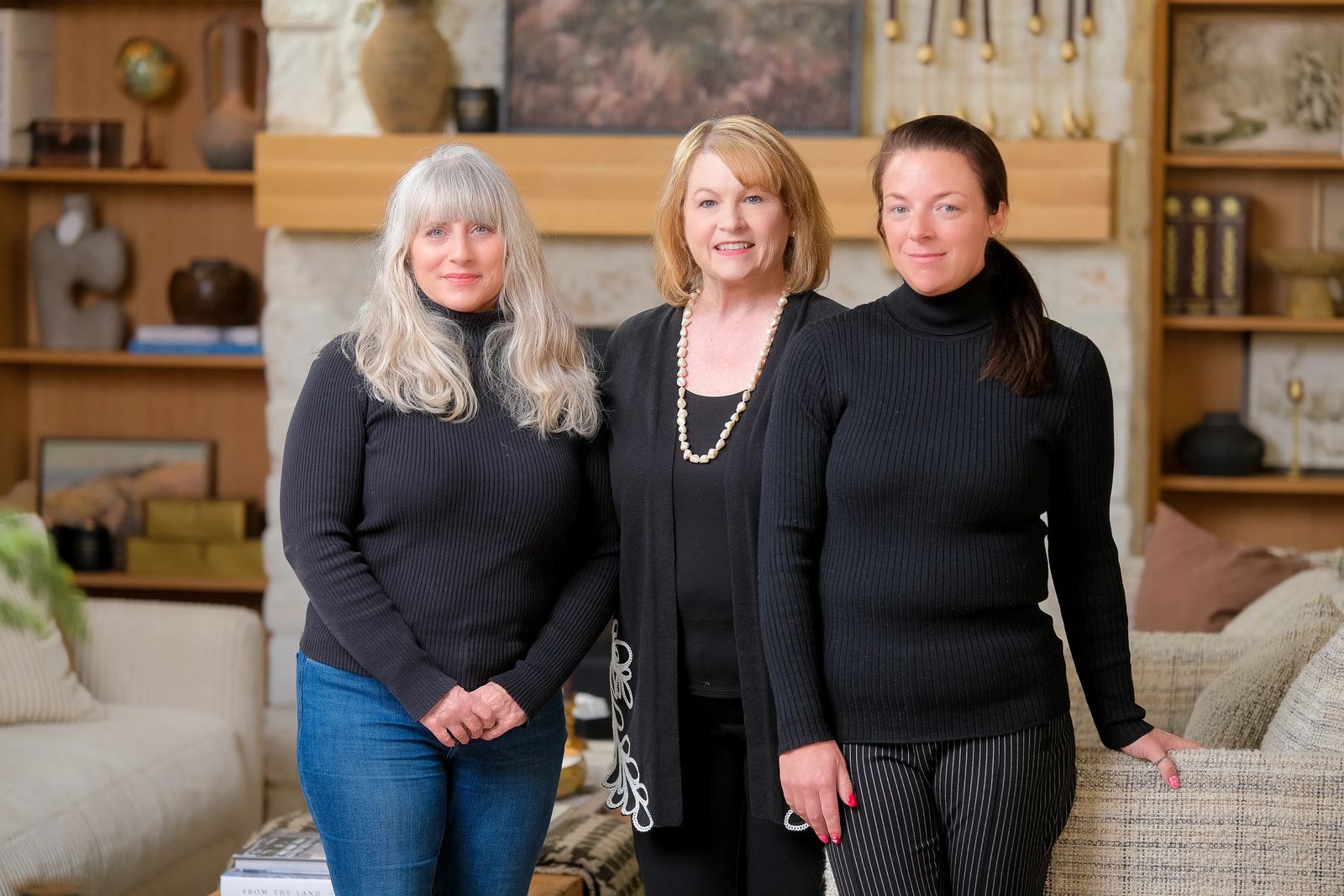
Family Violence Task Force
The women behind the organization that has provided decades of aid and awareness
For 35 years, the Billings Area Family Violence Task Force has been committed to reducing family violence, coordinating community services to provide help for victims of that violence, and educating the public about a phenomenon that is difficult to talk about, but all too widespread.
“Our goal with the task force is to remind people that domestic violence is a serious situation, that it does exist, that it’s not what happens behind closed doors,” says task force Chair Lisa Cetrone, who has been with the group since 1995. “It needs to be public.”
The task force was established a year after the 1989 murder of Dr. Isabel McGuire and her two children, Katherine and Jennifer, by Isabel’s second husband, Dr. Chris Dennis, who killed himself two days later. Concerned friends and associates, hoping to draw attention to the seriousness of the subject, organized the first McGuire Memorial Conference on Family Violence in May 1990.
To build on the groundwork laid by the conference, the task force was established later that year. The group continues to organize the annual McGuire conference, as well as providing a speakers bureau and other forms of educational outreach. On its website and through printed materials, the task force provides an exhaustive list of victim-service providers and educational resources.
Task force member Gabrielle DeNio says an important aspect of the group’s work is validating the experiences of survivors of domestic abuse.
“Believing these victims and then empowering them is absolutely imperative,” Gabrielle says. “That’s what I feel the task force does. The information that the task force is able to provide them empowers them to take control of a situation that has been out of control for so long, and to not put themselves back in that situation.”
Gabrielle, who’s been with the Billings Police Department for 11 years, is a patrol officer who works overtime shifts for the department’s Domestic Violence Unit, working for investigating officers Katie Nash and John Tate.
Having lived through domestic violence in her own family and then witnessing it “on virtually every shift as a patrol officer,” Gabrielle says, she was drawn to the task force because she saw that it “offers that glimmer of hope.”
Another task force member, Maria Dinkel, brings an especially wide range of experiences to the group, which she joined in 2005. Herself the survivor of horrifying family violence, Maria has also worked at Passages, a community-based women’s correctional facility, as coordinator of the parenting program at the Women’s Prison and, for the past six years, as a victim liaison with the state Probation and Parole Division, all in Billings.
What she has learned, she says, is that women who are victims of family violence often become offenders themselves and then are re-victimized, as for instance by being coerced into prostitution and human trafficking.
“I want to hold offenders accountable,” she says, “but I want to help them see that they can turn things around and do something with their lives, be successful.”
The annual McGuire conference aims for a different focus each year, bringing attention to previously neglected facets of family violence. A few years ago, prodded by Maria, the conference focused on human trafficking. Last year, for the first time, three victims of family violence, including a survivor of teen-dating violence, addressed attendees.
This year’s 35th Annual McGuire Conference will focus on the trauma suffered by everyone who comes into contact with family violence, including children, police officers, emergency medical technicians and even neighbors of families affected by domestic violence.
Last year’s conference also featured addresses by Officer Katie Nash and VISTA member Ellie Stanton, two of the main organizers of the Family Justice Center, a one-stop facility for survivors of family violence that could be open as early as this spring on the campus of the Billings YWCA.
Lisa says the task force “supports the Family Justice Center 100 percent.” The only thing standing in the way of the same kind of acceptance from the community at large is a lack of awareness, she says.
“It’s going to take time and there’s going to be a lot of work to it, but once it gets going, I think people will be able to embrace it,” she says.
Gabrielle, for her part, says she’s excited that Billings will be the first city in Montana with a Family Justice Center.
“We have not found something that truly works,” she says. “Our stats are still the same, or getting worse. And maybe in Billings, Montana, we find something that works. … Maybe we can make a difference.”










